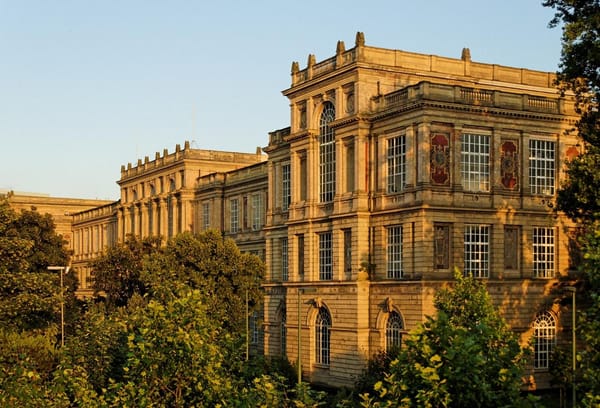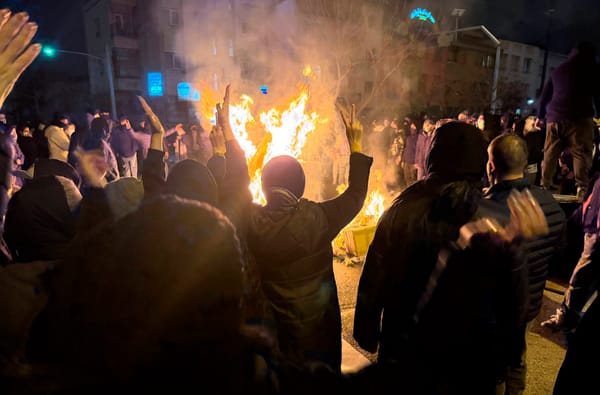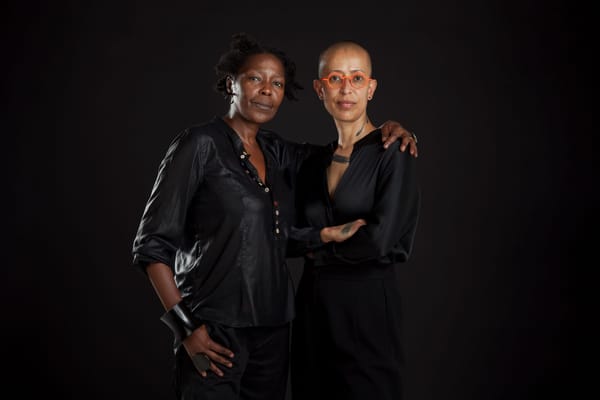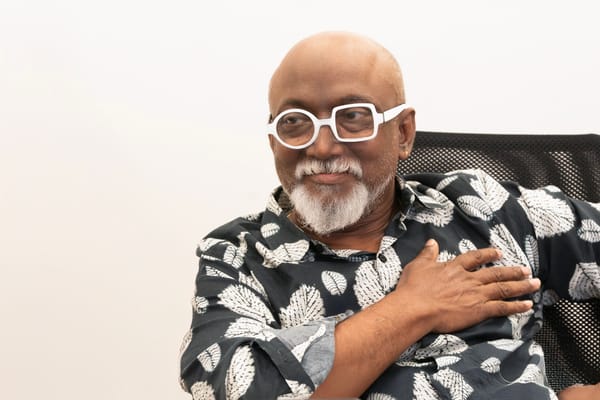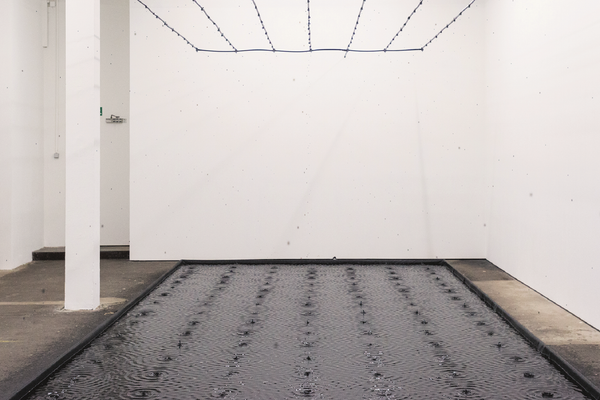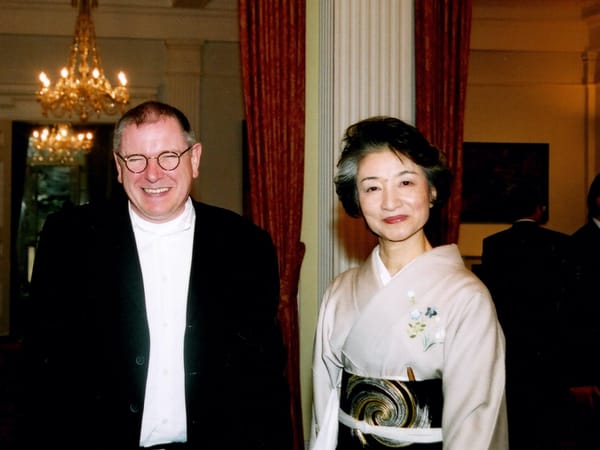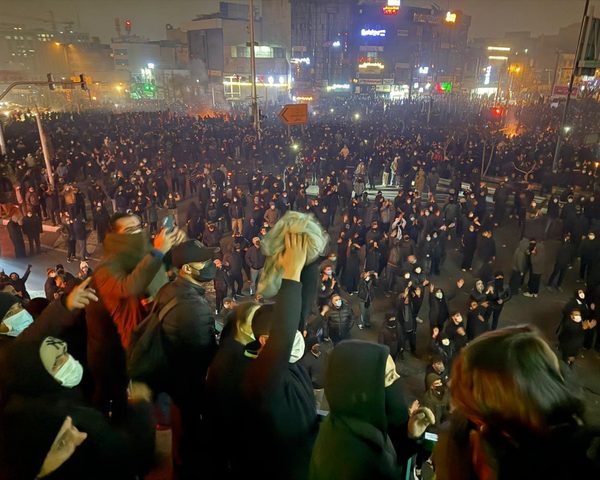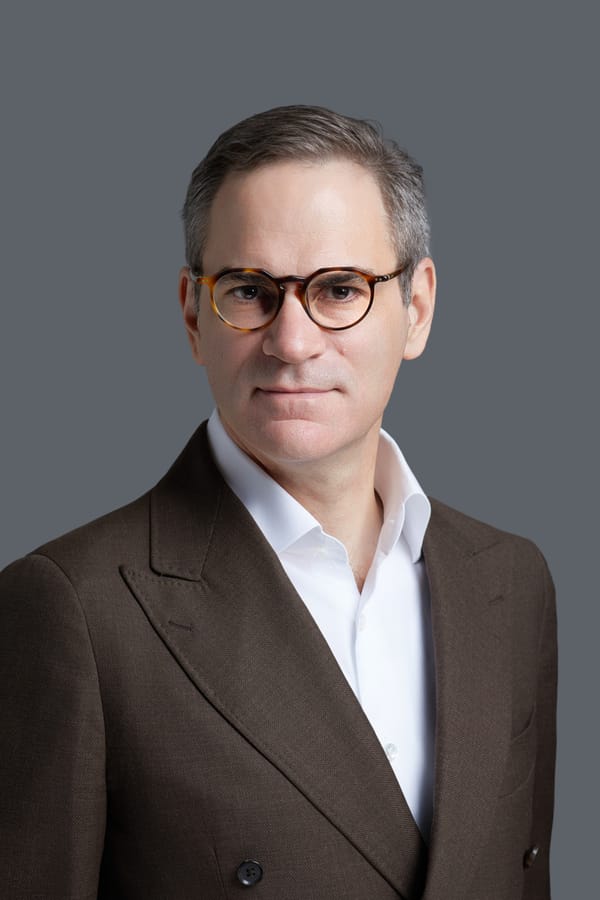News
Google Resists Order To Wipe #MeToo Posts In Subodh Gupta Defamation Case


On October 14, Google asked the Delhi High Court to revoke its order requiring the tech giant to remove from its search engine links to allegedly defamatory Instagram posts accusing artist Subodh Gupta of sexual misconduct. The order had been handed down on September 30 as part of Gupta’s civil defamation suit against Instagram account Scene and Herd (@herdsceneand), which had first published anonymous allegations against Gupta in December 2018. Instagram owner Facebook, Inc. was also directed by the court during the same hearing to remove the posts and reveal the identity of the account’s proprieter(s).
Google argued in court on Monday that its search engine “merely performs the task of indexing information . . . that is already available on independent third party websites,” and as such, any third-party content, such as posts pertaining to allegations against Gupta, are beyond the tech company’s ownership or control. Google stated that complying with the order would have a “chilling effect on freedom of speech and expression and be against public interest.” It added that “the present proceedings have been clearly initiated with a view to put an unreasonable restraint on the freedom of speech and expression on the internet as well as the freedom of the press.” In response, Justice Rajiv Sahai Endlaw, who is hearing Gupta’s case, asked Google whether it would be “technically feasible” for the company to “devise a technology” so that content on any website affected by a court injunction can be prevented from showing up on the search engine. Google is obligated to submit a formal reply by November 10.
Meanwhile, Facebook agreed to comply with the court’s directives, removing the Instagram posts for users in India, though the posts remain visible beyond its borders. Additionally, Facebook has to deliver a sealed envelope containing information on the identity of Scene and Herd’s proprietor(s) at the next hearing on November 18. An anonymous source working for Instagram told HuffPost India: “The company doesn’t have a choice in the matter, it has to follow legal orders. This isn’t something where we’re choosing a side in the matter, this is a legal issue and we can’t just ignore it.”
Google’s view, as stated in court, has been echoed by numerous India-based artists and cultural workers. In a statement on the lawsuit dated October 9, Khoj International Artists Association—from which Gupta, a founding member, was ousted shortly after the allegations surfaced—expressed that it was “disturbed by certain actions which undeniably have the effect of discrediting and suppressing conversation around sexual harassment in the art world.” An open letter began circulating via email on October 16, calling for institutions that represent, deal in, or collect Gupta’s art “or otherwise [have] a stake in his practice” to investigate the allegations and make “every effort possible to establish a safe environment for survivors to come forward.” It characterizes the defamation suit as a “move to silence survivors and the platform that gave them a voice . . . This has already set a dangerous precedent, legal and otherwise, and will continue to perpetuate a culture of fear and impunity." The letter, signed “In Solidarity with Survivors – an independent group of allies,” was addressed to board members of Hauser & Wirth, Saatchi Gallery, and Khoj; and the directors of Nature Morte, Galleria Continua, Arario Gallery, the Kiran Nadar Museum of Art, and the National Gallery of Modern Art in New Delhi.
Herd and Scene was set up in October 2018 in the wake of the global #MeToo movement. The account published accusations of sexual harassment and abuse within the Indian art scene that have led to the resignations of figures including Kochi-Muziris Biennale co-founder and secretary Riyas Komu, and Sotheby’s India managing director Gaurav Bhatia.
Ophelia Lai is ArtAsiaPacific’s associate editor.
To read more of ArtAsiaPacific’s articles, visit our Digital Library.
